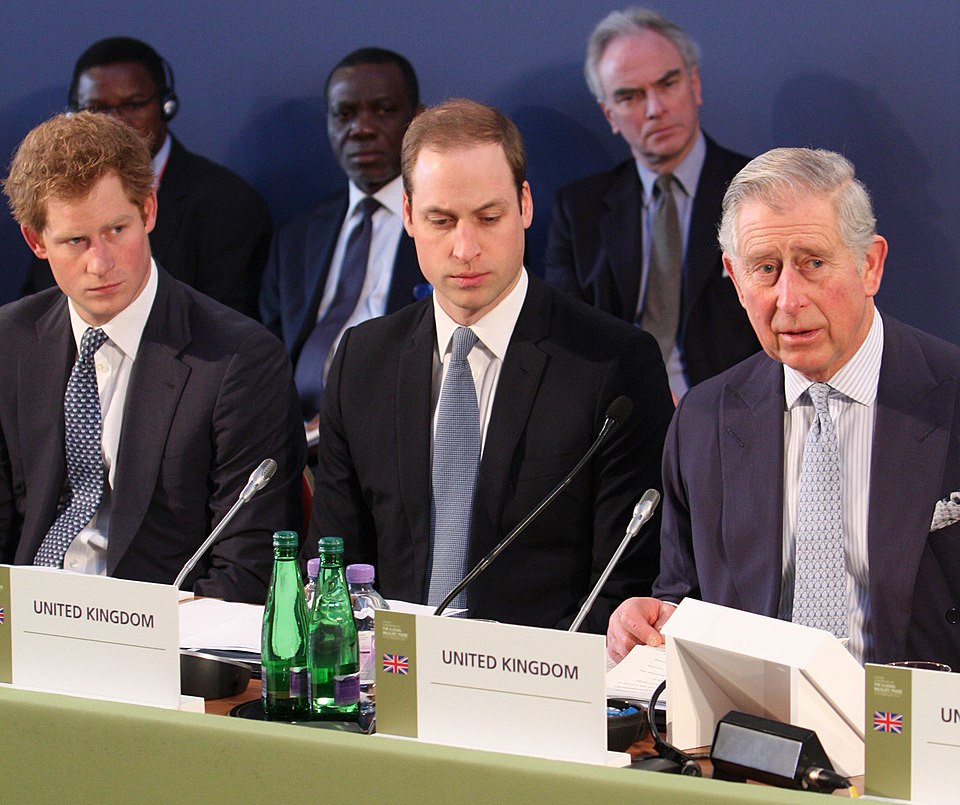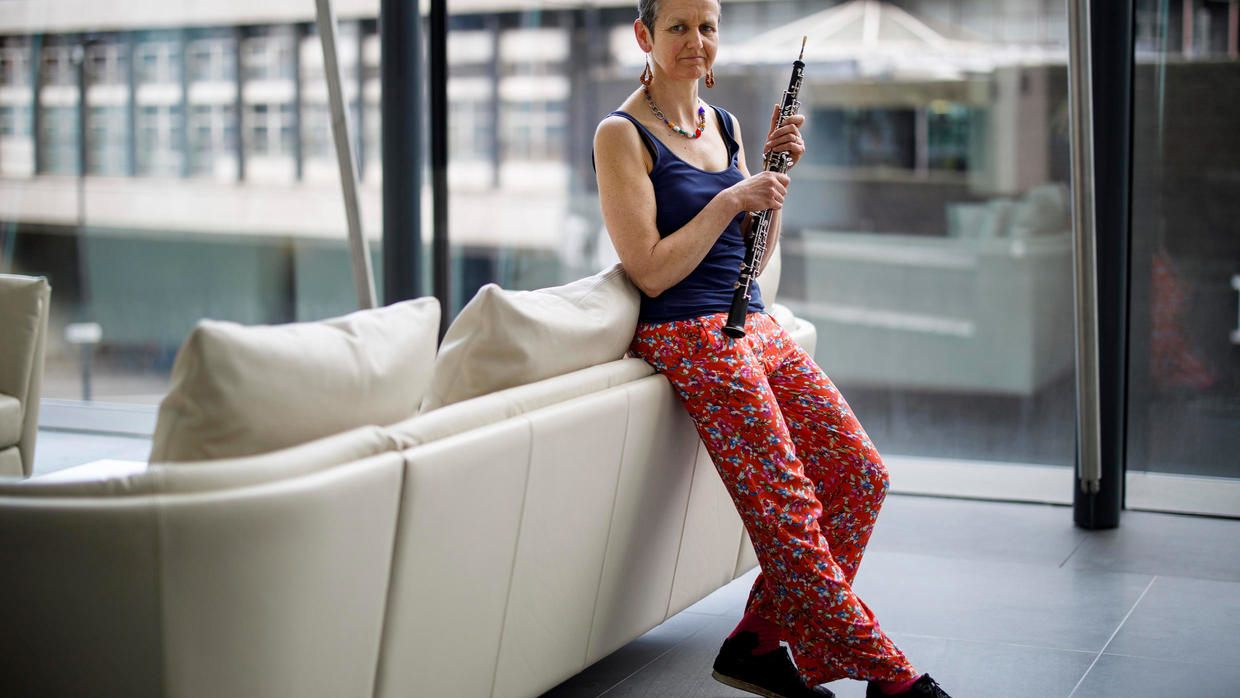
The UK government has announced a consultation on proposed reforms to give priority to British citizens in social housing allocations. The measures, labeled as "British homes for British
workers" as part of a broader immigration crackdown, will require social housing applicants to demonstrate a connection to the UK for at least ten years and their local area for at least two years.
Housing Minister Lee Rowley emphasized that the country will not be a "soft touch" and that the public wants to prioritize individuals who have contributed to the country. Currently, 90% of lead tenants in social housing are UK Nationals, according to government data from 2021/22.
However, concerns have been raised about the chronic shortage of social homes in England, with over 1.2 million households on waiting lists. The proposed reforms aim to address the record-high immigration coupled with a failure to build sufficient affordable housing. In 2022/23, only 8,386 new social homes were built, while 52,800 new households were accepted by councils as requiring housing.
Critics, including 15 housing bodies, have written to the prime minister expressing their concerns. They argue that increasing the availability of social lettings could be more effectively achieved by building more social housing. Shelter's Chief Executive, Polly Neate, called the policy "unnecessary, unenforceable, and unjust," accusing it of scapegoating a group of people for a housing emergency they did not create.
The consultation also proposes a five-year ban on accessing social housing for those committing anti-social behavior. Additionally, new social tenants with high incomes may no longer qualify for housing to ensure homes go to those in greater financial need. The consultation period will run until March 26th. The announcement did not address the status of individuals arriving under resettlement schemes from Afghanistan and Ukraine applying for social housing.































































